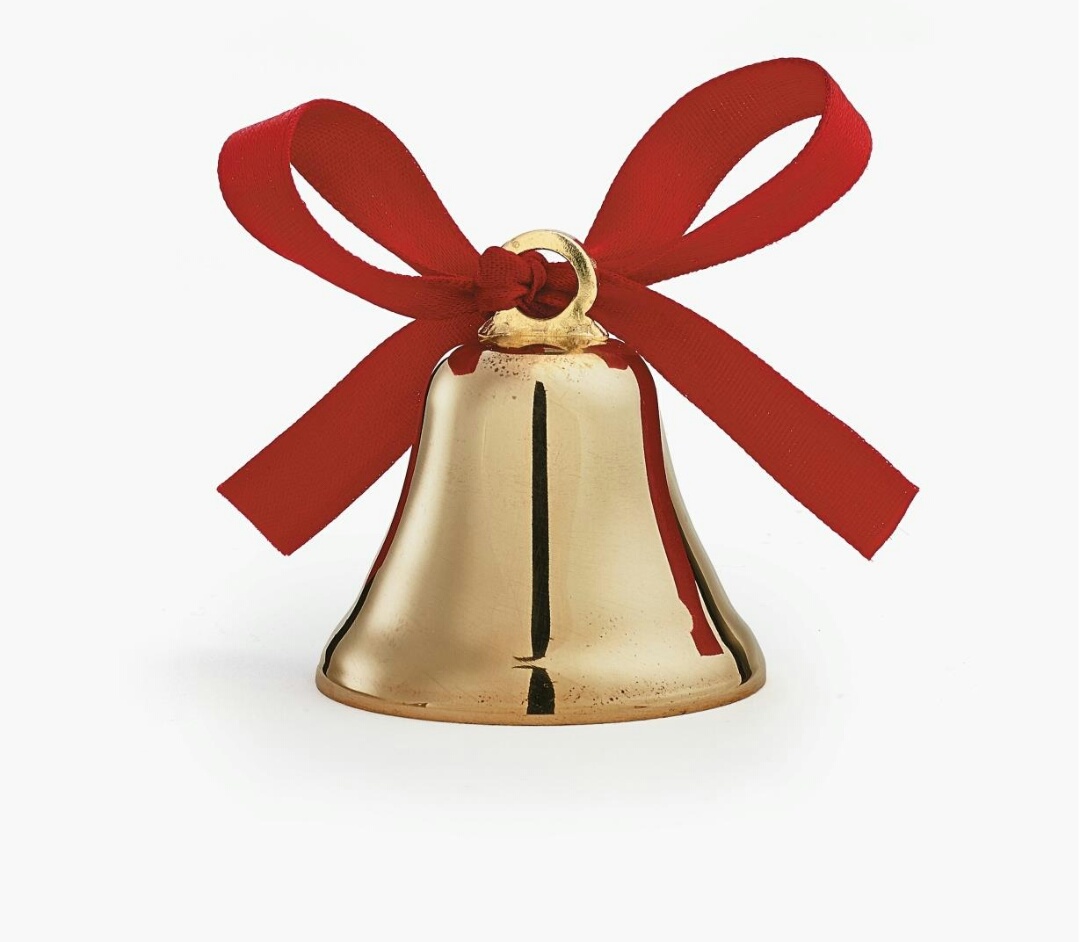Question: How to DBQ???
How much content do I need to know for DBQ? Can I bs my way through?? (ans: no.)
The interesting thing about the Document Based Question (DBQ) in History Paper 1 is it tests skills rather than solely content.
DBQ consists of 4 sources and 4 questions. Usually, three of the sources are texts and one is a cartoon.
How much time should I allocate to each question?
Question 1 (comprehension) - 5 minutes (ideally answer them during reading time) Question 2 (OPCVL) - 10 minutes Question 3 (compare and contrast) - 15 minutes Question 4 (essay) - 30 minutes
What are the skills tested in each question?
The first question is a standard comprehension / inference question [2m]. You just need to give answers based on the text. There is no need to use contextual knowledge.
Eg: What, according to Source I, is Germany’s attitude towards international cooperation?
OR, the question might be abit harder and ask for the message of the source. Just establish 1. what the message (purpose) of the source is and 2. give specific evidence to support your point
Eg: What is the message of the cartoonist in Source J concerning the Treaty of Versailles?
The second question is about OPCVL [4m]: Origin Purpose Content Value of each OPC Limitations of each OPC
Origin: author, type of text, year of publication, the country of origin (provenance)
Purpose: What the author was trying to convey
Content: Information presented in the source
The third question is about Compare and Contrast [6m]
Look for 6 compare and contrasts (5 minimum) for the total 6m. They can be split 3:3 or 2:4
The last question is a mini essay [9m]
This question should be approached like a normal essay with an introduction, 2-3 body paragraphs and a conclusion
You must use material from all sources and from your own contextual knowledge.
Some closing remarks
Overall, DBQ is a good place to score as many marks as possible because its not as content heavy and has rather standard questions that ask about skills.
Two things to keep in mind (which applies for P2 and P3 too) are
-
time management - make sure you split your time wisely between reading the sources and writing your answers
-
know which sources you need for each question. This is especially important because your sources are probably Sources I, J, K, L instead of A, B, C, D. Be sure to analyse and cite the correct sources!
All the best!
